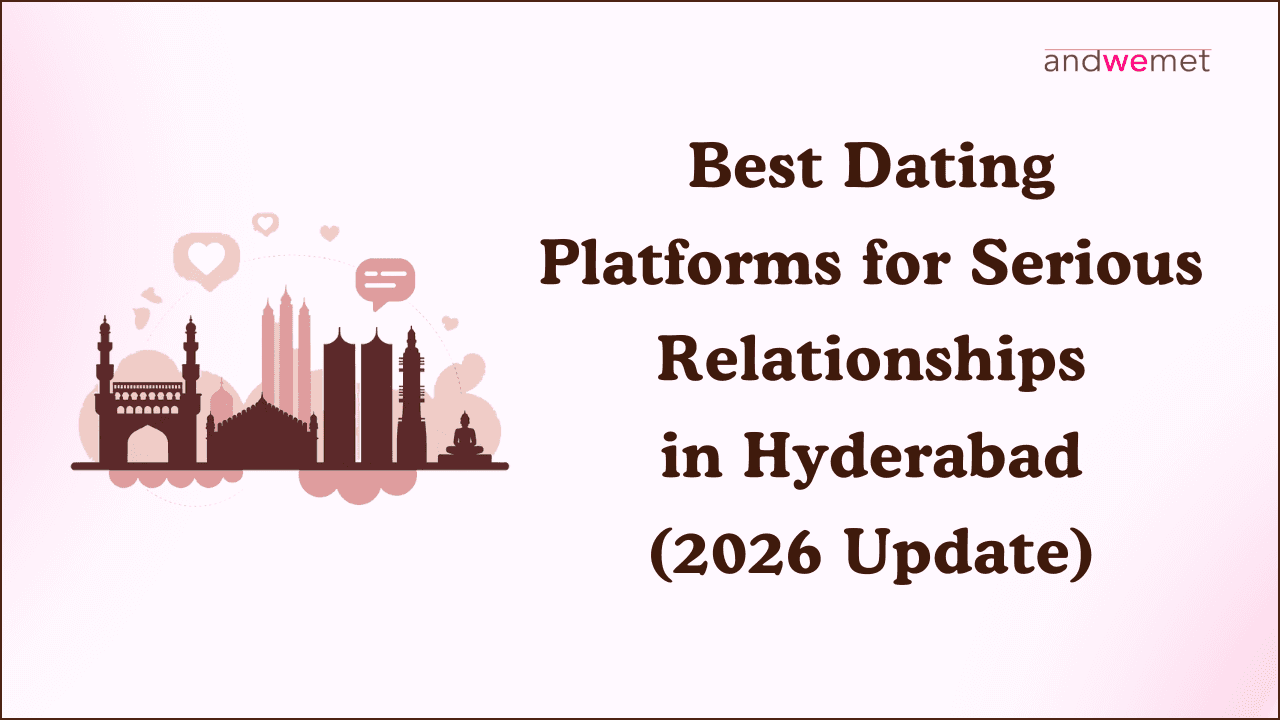Relationships are complex; there’s no denying it. And perhaps one of the things that drives them and our perception/ attitude towards them is stereotypes. This is simply a fact of the matter, as we live in a society where more often than not one person’s opinions and beliefs on a topic, in this case relationships, affect our own. That isn’t to say this is always harmful, however it is definitely worth the effort to take some time out to address and break certain necessarily harmful stereotypes.
Marital Age of a girl
A very common comment that every mid 20’s single Indian woman must’ve heard at least once is, “It’s important to settle down and marry soon, otherwise what will people say”, despite the woman and her educational degrees, success, financial stability, and anything else she may have achieved in life or her readiness to be in a committed relationship. Now from the perspective of the society, who we most often hear these comments from, they might have valued marriage over all else for their daughters in because that was the best way in their opinion is to give their daughters stability. However, this sort of mindset is seeing a huge mind-shift in today’s times as women have evolved past this need for marriage to attain stability. So, in this spirit of independence and feminism, this is definitely a stereotype worth breaking: women should instead be allowed to marry as and when they see fit and appropriate.
Parenthood
A couple that has chosen to marry and are happy with their relationship and may have no intention of having children. Chances are that society and even the family cannot understand this as that the entire purpose of marriage is to have children and carry on the family line, so to speak. At one point of time this ideology might’ve made sense from the point of view that people greatly valued the continuance of their name. However, this thought process, valid as it may be to a certain extent, cannot be forced on couples into having children that they don’t want and will likely make them unhappy. Couples today now see marriage more as a commitment towards one another, not just a way to carry on a family name. And so considering this, couples should instead not be forced into parenthood, but rather take it as and when they are ready for it.
Live-in relationships
Couples who opt to live together, will likely do so taking all things into consideration. This is definitely a form of a committed relationship between 2 rational adults. Regardless, many people tend to view live-ins as premature and wrong, instead of the completely normal and rational step that they are in a couple’s relationship. Live-ins serve as a way for a couple to further get to know each other, gain a new form of closeness, and further broach and test the boundaries of their relationship. They should necessarily be allowed to do so without the judgement of others around them, regardless of how they choose to progress in their relationship; therefore, it is important that this stereotype be broken as well.
Premarital Intimacy
And finally, a very common misconception that we’ve all come across countless times is that premarital sex is a sin. This notion is highly outdated and comes from a time when marriage was the absolute standard and flag bearer of trust and honesty to give to a person, and therefore by extension that any further developments for the couple’s relationship should only happen post marriage as “this is the only way we can trust the individual and know the truth in their intentions”. However, nowadays partners understand that marriage is not the absolute standard for trusting a person, but rather the only way you can completely trust a person is by getting to know them on your own and developing your own conceptions and boundaries and understanding with the person, and therefore by extension to choose when and whether you’d like to achieve that level of intimacy with them or not. And therefore, to judge consenting adults for their choices is a highly wrong and archaic mode of thinking and this is definitely worth altering our mindsets about.
And to conclude, hopefully this analysis of these common stereotypes and where they come from and their outdated nature helps us all to understand why it is necessary to put an end to these detrimental stereotypes. With time we hope, perhaps people will begin to be able to venture into their relationships more comfortably without any burden.





